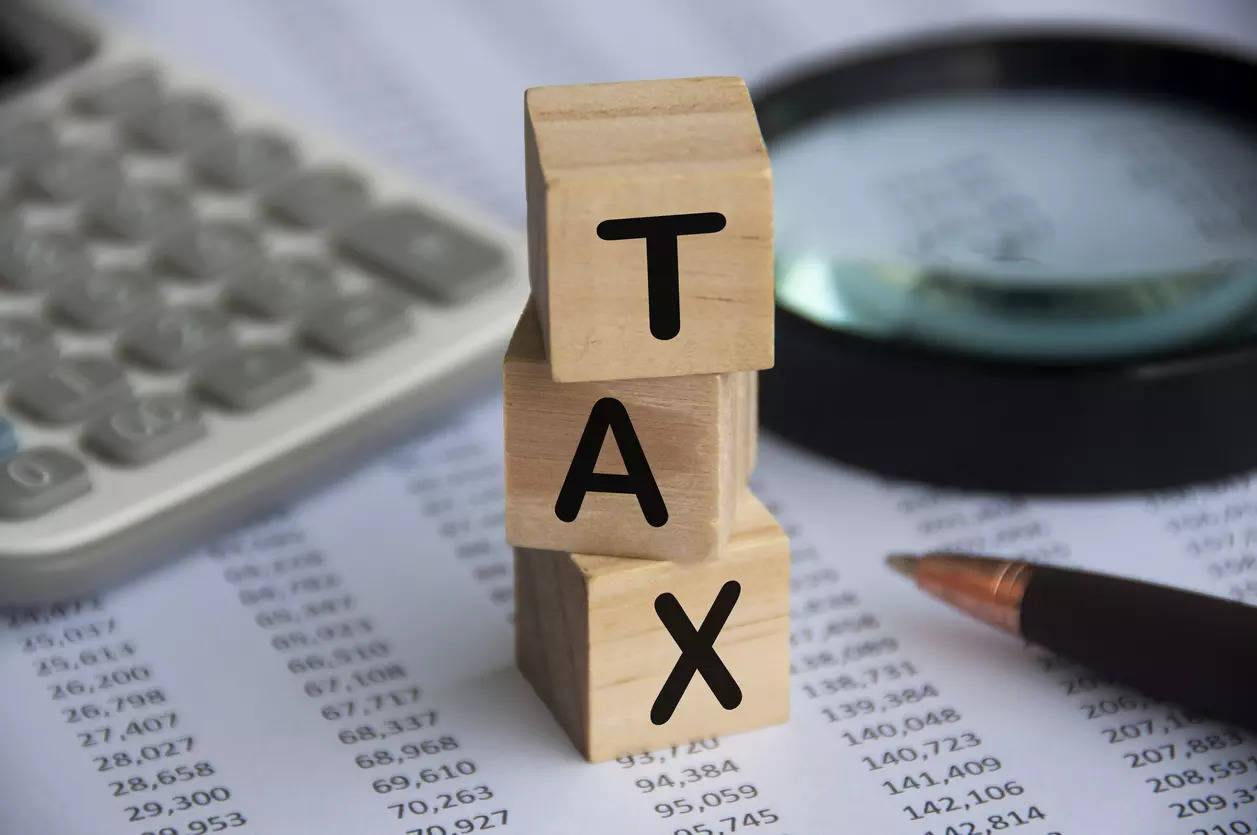
NEW DELHI: In India, the real estate sector is the second-largest employment generator, following agriculture. Over the last ten years, the Modi government has constructed over 4 crore houses for the poor under the PM Awaas Yojana (PMAY).
As the NDA leader Narendra Modi is set to take oath of Prime Minister of the country for the third time, the industry has various expectations from Modi 3.0.
The interim budget by Finance Minister Nirmala Sitharaman announced a boost for India’s affordable housing sector by adding 2 crore more houses to the flagship scheme PMAY-U.
Experts estimate the Indian real estate market will be worth Rs 65,000 crore by 2040. Industry leaders say they need continued support from the government for its growth.
“To boost economic performance indicators, the real estate industry demands a reorientation of policies and schemes. The PMAY scheme needs to be continually pushed to achieve all housing goals efficiently and time-bound. Reducing the cost of approvals, development premiums, stamp duty, and ready-reckoner rates, in addition to rationalizing tax and GST, will accentuate its growth,” said Niranjan Hiranandani, Chairman, NAREDCO (National Real Estate Development Council).
Hiranandadded, “Land and approval financing methodologies must be outlined to facilitate growth and aid in timely completion.”
India’s retail, hospitality, and commercial real estate sectors are also expanding significantly, offering vital infrastructure to meet the country’s growing needs. Experts are advocating policy changes and tax rationalization to streamline processes and boost growth.
In FY23, India’s residential property market witnessed home sales reaching an all-time high of Rs. 3.47 lakh crore (US$ 42 billion), registering 48 percent year-on-year increase. The volume of sales also exhibited strong growth, with a 36 per cent rise to 379,095 units sold. However, industry leaders say that the sector needs a push from the government to further boost the growth. Reforms in the GST are one of the main demands by the industry.
“The government must consider tax rationalization for construction raw materials, as this will significantly impact the industry. To boost the housing segment further, we believe the affordable housing definition needs to be revisited. Given the substantial changes in construction costs, including raw materials, labour, and overall development, it is necessary to reassess the price, size, and income criteria to ensure the program remains inclusive and effective,” said Anshuman Magazine, Chairman & CEO – India, South-East Asia, Middle East & Africa, CBRE.
In the Union Budget 2023-24, the Finance Ministry announced a commitment of Rs. 79,000 crore (USD 9.64 billion) for PM Awas Yojana, which represents a 66 per cent increase compared to last year.
The Securities and Exchange Board of India (SEBI) has also given its approval recently for the Real Estate Investment Trust (REIT) platform, which will allow all kinds of investors to invest in the Indian real estate market. It would create an opportunity worth Rs. 1.25 trillion (USD 19.65 billion) in the Indian market in the coming years.